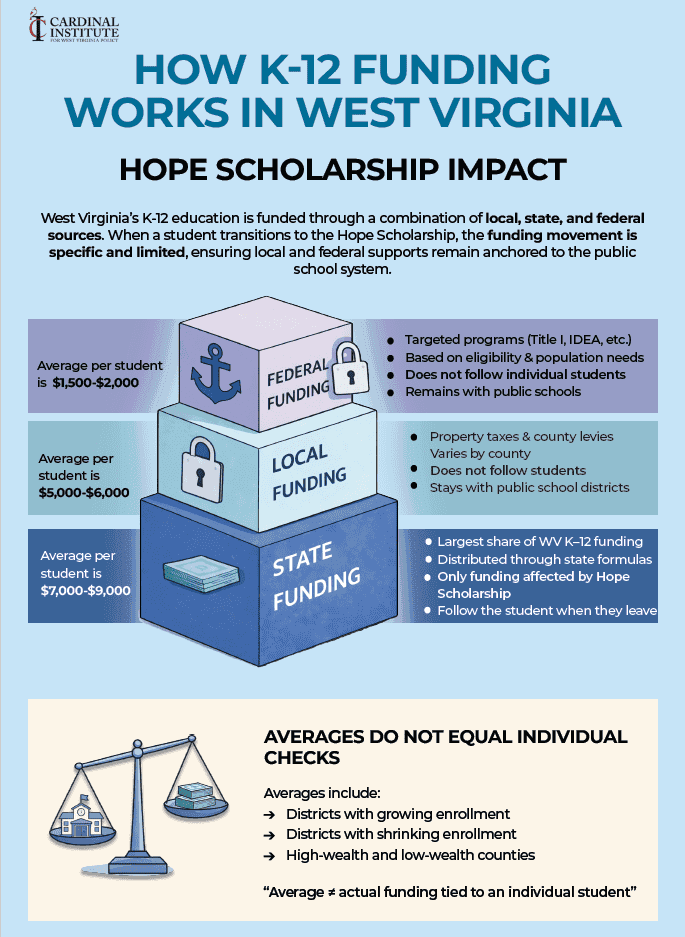
What the Future May Hold
Cardinal Team
Now that we find ourselves somewhere around March 83rd, after having spent the last several weeks in quarantine, I’ve started to ponder what the world is going to be like once we’re “released back into the wild” — as I’ve come to call it.
I think it’s safe to say that there’s little chance we’re heading back to a world that looks exactly as it did before the Covid-19 pandemic took hold. Some of those changes will be undoubtedly good, and others will be undeniably bad. But I wager that most of the changes we see won’t be so black or white. Instead, they’ll be various shades of gray — tinted or brightened by personal economic circumstances and political persuasions.
Some of the biggest changes I think we’ll see are within workplaces, delivery of medical care, discussions of what constitutes “critical infrastructure,” education, and the places we choose to live. I’ll elaborate on each in turn:
Workplaces: The extended stay at home orders we’re living under have made it particularly evident that many jobs, especially in the white-collar category, do not require everyone to be located at the same office, at the same time, in order to do the job. Rather, many can be done remotely. In the future, this might mean things like smaller offices in addition to more flexible work arrangements.
Telehealth: The relaxation of telehealth regulations in the name of combatting the spread of the novel coronavirus has taught us many of the same lessons learned in the telework realm. Yes, there will always be a place for in-person doctor’s appointments, and many occasions will still require it. However, the adaptations of the healthcare industry during the pandemic have demonstrated that there are health services, or at least portions of an overall treatment protocol, that can be delivered without the in-person experience once a doctor-patient relationship has been established.
Critical Infrastructure: Depending on where you find yourself among the fifty states, you probably have a different idea of what parts of national infrastructure need the most attention. As might be discerned from my previous discussions, broadband internet access has found its way to the top of infrastructure topics. Certainly, prior to the coronavirus outbreak, this was a hot topic in more rural areas, while “sexier” things like light-rail public transportation may have dominated discussion in more urban areas. As the world around us continues to change, one can imagine that this discussion will also continue to evolve.
Education: For roughly the last month, everyone – save for families that were previously homeschooling, or cyber-schooling – have had their educational experiences uprooted, turned upside down, and thrust into a whole new world. Neither K-12 nor institutions of higher education have been spared the experience. For some K-12 families, the current experience will cultivate a deeper appreciation for the work that their children’s educators do. For others, it will open their eyes to a need for more options in pursuing that education – in whatever form or fashion, be it cyber, charter, private, or home. Young adults may also change their ideas of what constitutes a proper higher education. Some might find wholly online degree options suitable, others might find the community college to 4-year institution path more amenable to their situations, and there may be a shift among student populations to and from larger state universities and smaller liberal arts colleges.
Geographic Living Choices: The new professional world that will likely be characterized by an uptick in teleworking will also change parameters for some folks in terms of where they will choose to plant roots and live. Folks previously feeling like they had to live in major cities along the coasts may find that they are able to continue their employment with a firm headquartered in such a city while individually moving to places with lower costs of living, lower populations, and a different style of living.
Undoubtedly, the world is changing before our very eyes. Bold new adventures await.
Jessi Troyan is the Development Director for the Cardinal Institute for WV Policy







